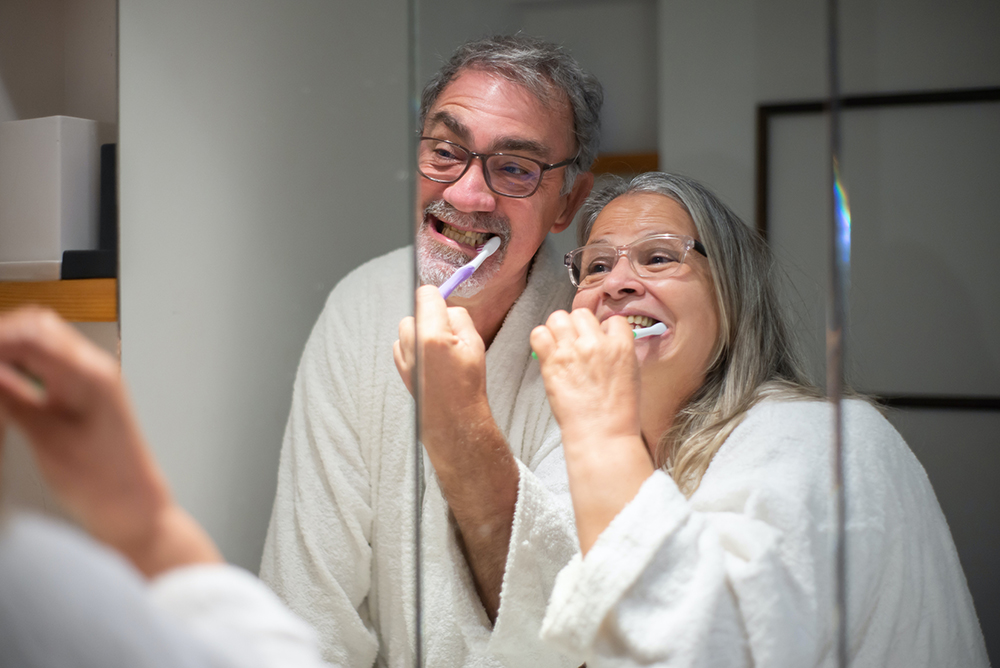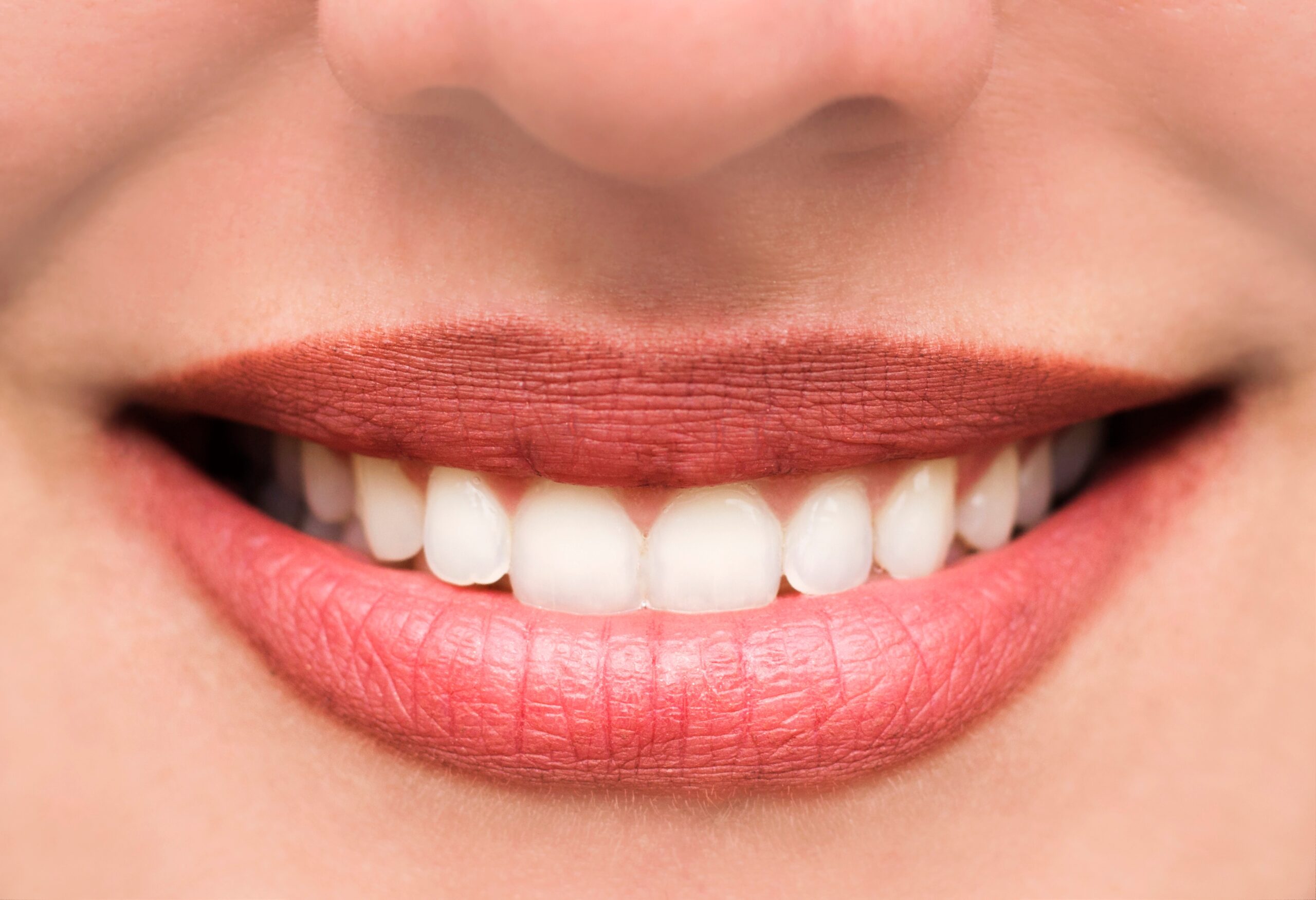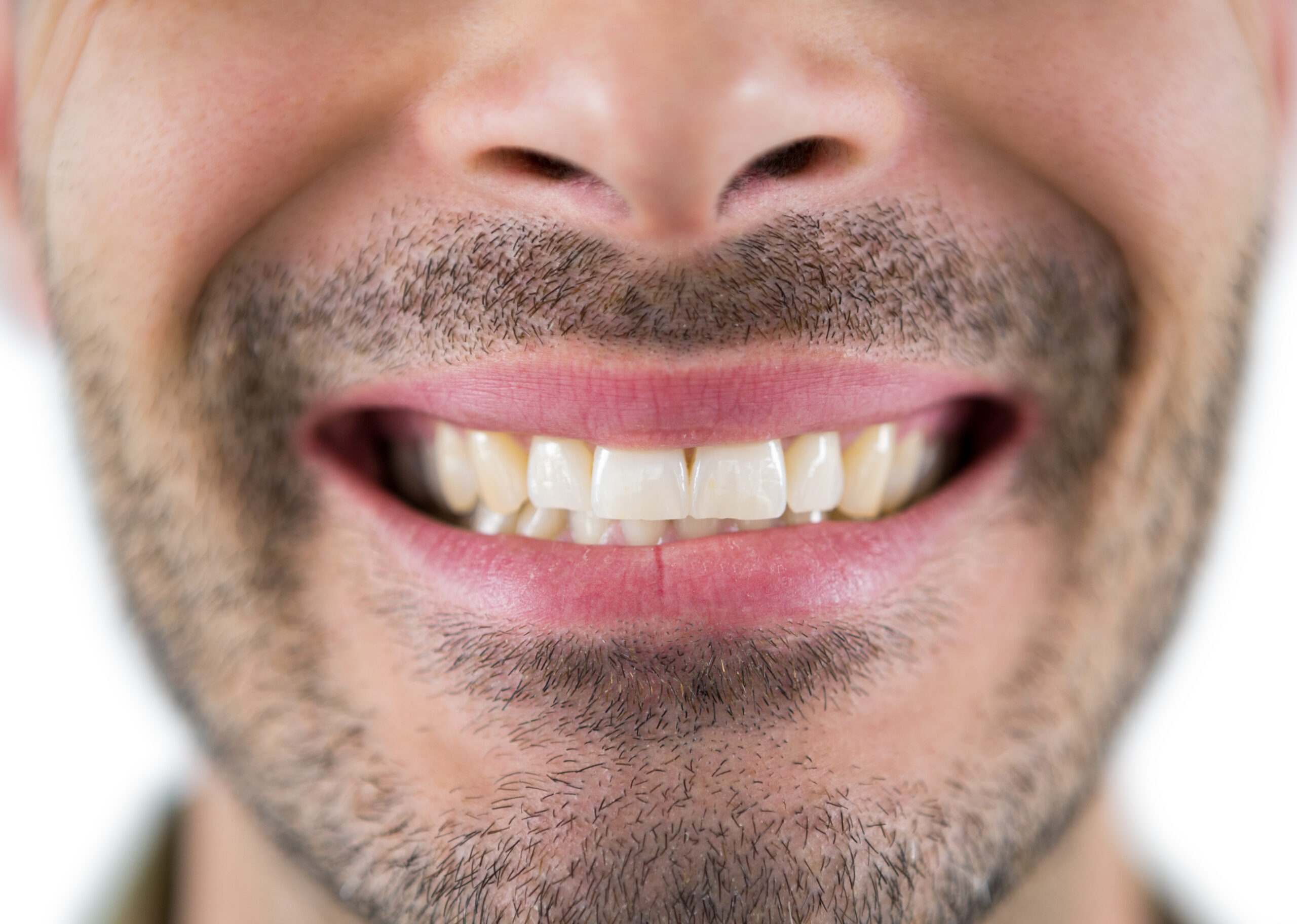There are so many toothbrushes on the market, it’s hard to know which one is for you. Should you get electric or manual? Plastic or eco-friendly? We know it’s confusing with so much choice and although we don’t want to recommend any specific brands of toothbrushes or dental care products, there are a number of factors you may wish to consider when the time comes to replace your old toothbrush.
1. Electric or manual?
There is some debate as to whether electric or the traditional elbow-grease powered ones are more effective in the fight against plaque. According to the Oral Health Foundation, a 2019 study found that electric toothbrushes may help your overall dental health better than their manual counterparts. The OHF reports that, “scientists found that people who use an electric toothbrush have healthier gums, less tooth decay and also keep their teeth for longer, compared with those who use a manual toothbrush.” Clearly the evidence suggests that electric toothbrushes are more effective at maintaining and improving oral health, but they are also considerably more expensive. It is more important that you have a toothbrush and use it than that it is top of the range. We advise that you get the kind of toothbrush that you are most comfortable with and that appeals to you visually because you are more likely to use it consistently if there’s something you like about it.
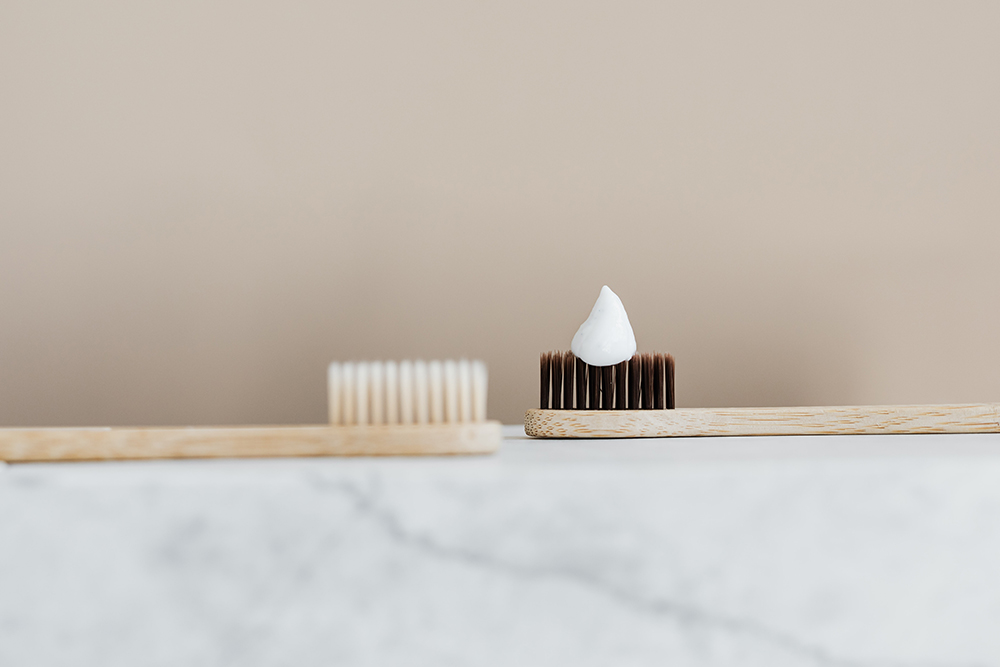
2. Plastic or eco-friendly?
There has been an increase of dental products on the market in recent years that are made from sustainable and more eco-friendly materials than the usual plastic ones. The electric toothbrush market is a little more behind in this regard, as these tend to last longer and need therefore to be made from more resistant and durable materials. There are bamboo varieties of electric toothbrushes now available from some online retailers and also varieties of degradable toothbrush heads which are compatible with big brand electric toothbrush units. That means you don’t have to replace your whole toothbrush if you want to be more eco-friendly but still use an electric toothbrush for a better all-round clean.
Until recently, finding an eco-friendly toothbrush has been a fairly niche market for online retailers. But now Colgate has brought out a very competitively priced bamboo toothbrush with degradable and recyclable packaging too. Since it is produced by such a named brand, it is available at your local supermarket making it even more convenient to be a friend to your planet. Bambooth is the only biodegradable toothbrush brand that is approved by the Oral Health Foundation to our knowledge. According to them “more than 3.5 billion plastic toothbrushes are produced every year with the majority of these ending up in oceans and landfill.” With the average plastic toothbrush taking 1000 years to degrade into microplastics, we do see the appeal of making more eco-friendly choices when it comes to replacing your toothbrush. We applaud any company’s efforts to be more planet kind in their manufacturing and we hope there will continue to be more advances in the eco-friendly oral health product industry in the future.
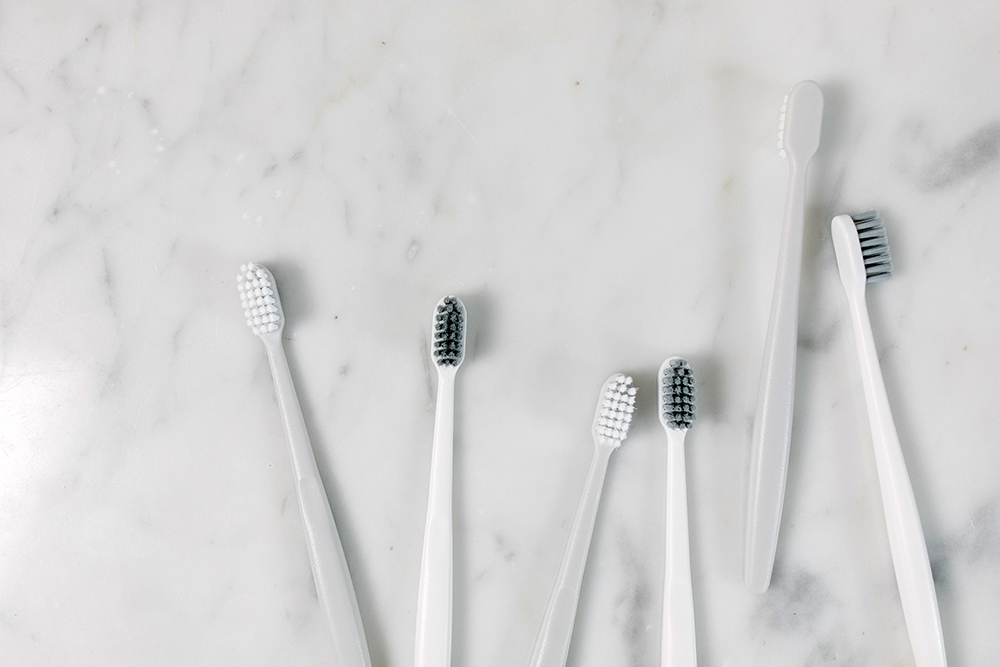
3. Branded or supermarket brand?
Although we recommend getting a toothbrush from a brand you trust, we would point out that the oral care products manufactured by the majority of British supermarkets are approved by the Oral Health Foundation, including those sold by Lidl and Aldi. A full list of the brands and products they approve of can be found here. As we said before, get a toothbrush you like the look of as well as one that is in your price range. Whether you feel you trust a known named brand more to look after your teeth or you’d rather save a few coins, as long as you have a toothbrush that is comfortable to use and that you like, you’re doing fine.
So now you’ve got an idea of what sort of toothbrush is right for you, when should you go about replacing your toothbrush? Most oral care brands recommend replacing your toothbrush or electric toothbrush head every three to four months. According to scientific studies An investigation into the effect of three months’ clinical wear on toothbrush efficacy: results from two independent studies – PubMed (nih.gov) ‘a worn toothbrush is less efficient with respect to plaque removal than a new brush’. Also, a lot of bacteria can build up on your brush over time,so, if it’s possible for you to do so, replace your toothbrush every three months. Using four toothbrushes a year means that switching to an eco-friendly alternative may be a very sensible consideration.
With life expectancy in the UK around 80 years, that’s around 320 toothbrushes ending up in landfill or in the ocean per person in their lifetime. That’s a lot of microplastics in our marine life and wildlife’s stomachs. Just one side of the argument, but now more eco-friendly alternatives to plastic brushes are more widely available, it might be worth considering making more planet friendly choices regarding your dental care products. As we’ve said before, whichever toothbrush is comfortable for you and appeals to you, that is the right one for you.
We hope we’ve given you something to think about for the next time you come to replace your toothbrush. Remember that Kennett Road Dental Practice are still here for you, even during lockdown to cater to your dental needs. Check ups and routine appointments are available as well as emergency procedures. Please feel free to get in touch with us if you have any concerns over your dental health or wish to book an appointment.
